
According to a study presented at the ESMO 2018 Congress in Munich, Germany, treatment with PD-1 or PD-L1 inhibitors is a feasible option for patients who have cancer and are living with HIV.

According to a study presented at the ESMO 2018 Congress in Munich, Germany, treatment with PD-1 or PD-L1 inhibitors is a feasible option for patients who have cancer and are living with HIV.

Express Scripts' Aimee Tharaldson, PharmD, gave her overview of the specialty pharmacy pipeline for 2019 and beyond at the Academy of Managed Care Pharmacy Nexus 2018 meeting in Orlando, Florida.
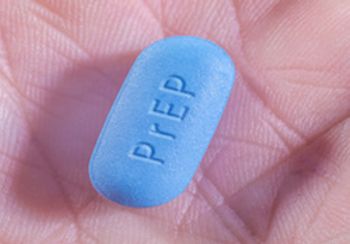
A population-level roll-out of pre-exposure prophylaxis (PrEP) for HIV in men who have sex with men resulted in a 25% reduction in HIV diagnoses in just 1 year.

The novel vaccine—eOD-GT8 60mer—stimulates the immune system to initiate a key first step in the generation of potent proteins, known as broadly neutralizing antibodies.

Today, HHS announced that approximately $2.34 billion in Ryan White HIV/AIDS Program grants were awarded to cities, counties, states, and local community-based organizations during fiscal year 2018.

Treatment with Symtuza (darunavir 800 mg/cobicistat 150 mg/emtricitabine 200 mg/tenofovir alafenamide 10 mg) results in and maintains high virologic suppression rates, according to study findings presented at the 2018 Infectious Disease Week conference held in San Francisco, California.

Two studies presented at the 2018 Infectious Disease Week conference held in San Francisco, California, add to a pile of research demonstrating the positive impact of collaborative, multidisciplinary care in the HIV population, specifically on viral suppression.

A new study has found that people living with HIV are at an increased risk of both first and second primary cancer incidence.
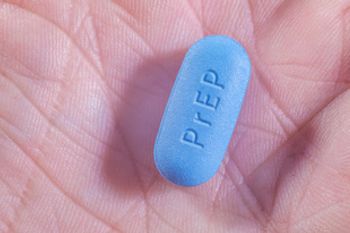
Young men who have sex with men (MSM) who used the PrEPmate intervention were more likely to attend study visits and have higher rates of adherence to the prevention treatment.

Unstable housing among the HIV population is associated with decreased probability of viral suppression and adequate CD4 cell count. It also lowers the likelihood of mental health/counseling, visiting a healthcare provider, and engaging in continuity of care.

Every week, The American Journal of Managed Care® recaps the top managed care news of the week, and you can now listen to it on our podcast, Managed Care Cast.

This week, the top managed care news included the Senate overwhelmingly voting to ban pharmacist gag clauses; a study found the current vaccine pipeline for HIV, tuberculosis, and malaria may fall short; an expert noted a trend of healthcare cost data seeping into nonhealthcare companies’ earnings calls.

A survey has revealed gaps in HIV providers’ knowledge of the Affordable Care Act. However, despite these gaps, the majority of surveyed providers expressed belief that Medicaid expansion would improve both HIV outcomes and general outcomes for patients with the disease.

Researchers determined that the current drug pipeline is unlikely to produce any highly effective vaccines for HIV, tuberculosis, or malaria, which could be important for controlling the spread of these diseases.

A descriptive, observational study in Switzerland implemented an interprofessional medication adherence program (IMAP) in patients with HIV. The framework for the implementation of services in pharmacy (FISpH) model is described and formulated for other healthcare facilities and professionals to evaluate and execute for themselves.

Coverage of our peer-reviewed research and news reporting in the healthcare and mainstream press.

With the expansion of Medicaid, eligible, low-income people living with HIV were transferred from the Ryan White Program to Medicaid, causing concern for interrupted access to care and treatment.

In addition to the advances made in the HIV space, such as antiretroviral therapies and pre-exposure prophylaxis, the years of research has translated into advances outside the HIV field, including in oncology and other immune diseases.
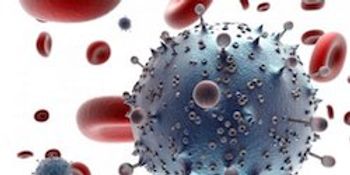
In a 3-part series, the National Academy for State Health Policy explored how states can use policy levers to more effectively utilize limited resources and provide better care, improve care coordination services, and ensure consistent access to care for people living with HIV.

Targeted treatment interventions for populations with low levels of viral suppression, paired with tailored prevention packages, will be essential to ending the HIV epidemic in the United States, say researchers.

Patients with HIV indicated a strong preference for “nice” over “rude” providers and a willingness to wait 19 hours more or travel 28 miles farther to see nice rather than rude providers.
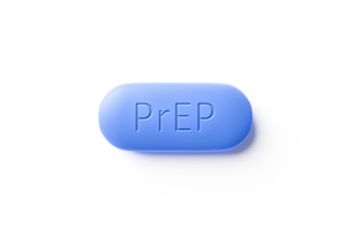
Researchers found that pre-exposure prophylaxis (PrEP) usage is linked to routine care, such as influenza vaccination, tobacco and depression screening, and glucose testing.

The emergence and uptake of antiretroviral therapy (ART) has led to significant improvements in viral suppression rates over the past 2 decades.

Among HIV-positive Medicaid patients with comorbid medical and psychiatric disorders, there was increased outpatient service utilization, yet relative cost savings, for patients who were treated in patient-centered medical homes.
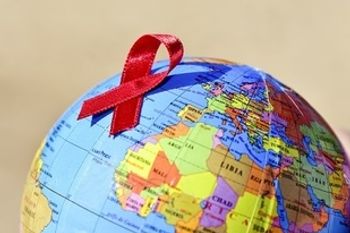
Contrasting the excitement and optimism coming out of clinical research presented at the AIDS 2018 conference, there was a sobering takeaway in the political and advocacy sphere. Among the general consensus that we are in a fragile moment in time, there were several policies and advocacy efforts that made it to the forefront of the conference.

259 Prospect Plains Rd, Bldg H
Cranbury, NJ 08512
© 2025 MJH Life Sciences®
All rights reserved.
